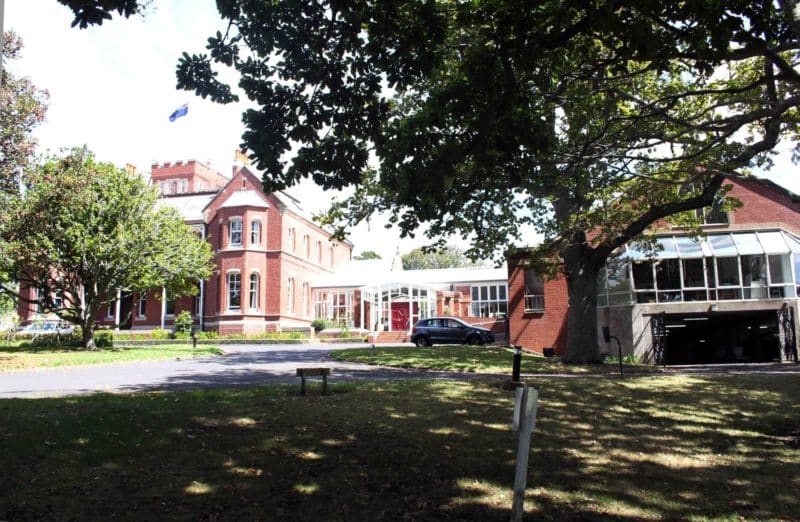Auckland Bishop Patrick Dunn has told an Auckland Council annual budget process that the council’s current rates exemptions on land owned by religious organisations
should remain in place.
Last year, many church organisations in the council area received very large rates increases as a result of an Auckland Council review.
The Local Government Act (2002) exempts from rates those
properties used as places of religious worship, religious or theological education or cemeteries.
But many other properties, for instance church offices and halls, were considered by the review as business units and were to be rated accordingly.
The rates bills were sent out in the middle of 2018, but the process had not had any input from local politicians. After an outcry from churches and protests from councillors, the Auckland Council’s Finance and Performance Committee
deferred the 2018/2019 rates on these properties for a year and the council came back with a revised policy, which is subject to consultation as part of the council’s 2019/20
budget process.
Under the revised policy, the following were to be zero-rated (in addition to those stipulated in the Local Government Act) — presbyteries adjacent to places of worship or onsite, carparks serving religious worship land (where this is the
primary purpose of the carpark), halls used for religious purposes or community not-for-profit uses, not-for- profit childcare, op-shops not operating in a commercial manner,
libraries and onsite offices which exist for religious purposes. Land used for commercial purposes would
continue to be rated as business.
Bishop Dunn’s submission, on behalf of the Catholic Diocese of Auckland, argued that rating policy on land owned by religious organisations should stay as it is currently.
The bishop objected to the idea that rates exemptions for churches are a “subsidy” that is imposed on communities.
“They are a statutory mechanism that acknowledges the significant work churches do in New Zealand,” he wrote.
Charitable services provided by churches benefit many members of the community, well beyond the membership of a particular religious organisation, he added.
“In fact, the most vulnerable and marginalised members of our community are generally the ones who regularly use our religious and charitable services.”
Bishop Dunn also warned that if the current exemptions are abolished, then the diocese’s ability to deliver many of its social and community services would be greatly affected. The diocese would have to relook at the services it provides.
Bishop Dunn noted that the diocese, like other churches, pays the full required rates for “other land uses that are not exempt”.
Bishop Dunn also stated that services offered by churches are generally welcomed by local authorities.
This point was taken up in the council proposal itself, which noted that religious organisations and the services they provide are important to Auckland’s community.
“The facilities and services they provide reduce the demand on the services that council provides.”
But it was also noted that zero-rating the proposed land “will reduce the rating base by around $1 million to $1.5 million”.
“This will require general rates for all other ratepayers to increase by between 0.06 per cent and 0.09 per cent to offset the reduced revenue.”

Reader Interactions